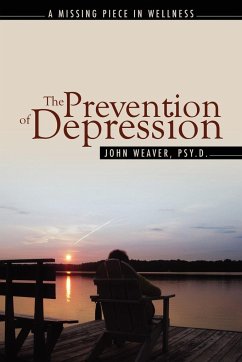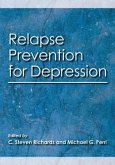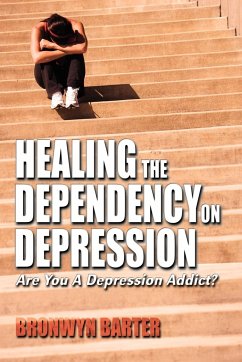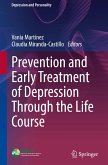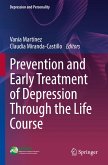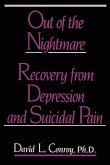Depression is expensive. When health insurance companies break down the prices of illnesses for employer-based plans, the most costly is depression. It is more costly by almost twice the next most expensive illness, which is high blood glucose (diabetes). It is even more costly to your company because there are more frequent absences from work, higher rates of disability, and lower performance at work among employees who are diagnosed with depression. The current approach to treating depression, and other mental illnesses is very costly, too. When you are diagnosed with depression you are referred to a very expensive doctor who will meet with you one on one. He or she will either prescribe medication which you will take for a very long time, or you will meet with a psychologist or other therapist, again one on one, perhaps for six months or more. This matters because you are paying for the rising health in-surance premiums through lower wages or cuts in other benefits. According to the Kaiser Foundation, the cost of health insurance rose 73% between the years 2000 and 2005. It has continued to rise, four times faster than wages between 2005 and 2009. But depression is also expensive in another way. It erodes the quality of life. If you work hard to obtain financial security and to create a home for your family, but you can't enjoy it because you are caught in the web of depression, what have you gained? So healthy thinking is valuable, both because of reduced expenses, and improved quality of life. >It involves learning skills associated with mindfulness, optimism and resilience. These ways of thinking have been shown in research to raise your resistance to being diagnosed with a depressive disorder and to assist you to recover more quickly if you go through a period with a depressed mood. In addition, they add to your happiness. In this book, you will learn strategies for learning, practicing, and applying these skills in day-to-day life. You can use it to make healthy thinking a part of your daily routine. Use the 90 tips for becoming more mindful, optimistic, and resilient as a morning meditation, or concentrate on a dimension of one of these skills, like making optimism a more permanent part of your thinking, by applying these tips all day long. It is a fun and practical approach to living a healthy emotional life.
Hinweis: Dieser Artikel kann nur an eine deutsche Lieferadresse ausgeliefert werden.
Hinweis: Dieser Artikel kann nur an eine deutsche Lieferadresse ausgeliefert werden.

